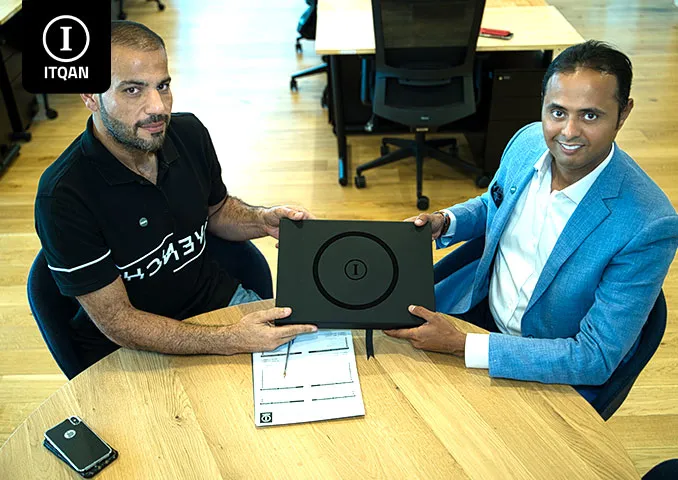How to Establish an Import-Export Business in Dubai by 2025
Establishing an import-export business in Dubai is a lucrative opportunity for entrepreneurs looking to tap into one of the world’s most dynamic trade hubs. Known for its strategic location, Dubai connects Asia, Africa, and Europe, making it an ideal base for global trade activities. In this guide, we’ll walk you through the key steps, benefits, and considerations for launching a successful import-export business in Dubai by 2025.
Why Choose Dubai for Your Import-Export Business?
Dubai offers an unparalleled business environment for import-export activities. Here are some reasons why:
- Strategic Location: Dubai serves as a gateway to major global markets.
- World-Class Infrastructure: Modern ports, airports, and logistics facilities ensure smooth trade operations.
- Free Trade Zones: Numerous free zones offer 100% foreign ownership, tax exemptions, and streamlined procedures.
- Business-Friendly Policies: The UAE government continually supports entrepreneurs with initiatives and relaxed trade regulations.
Step-by-Step Guide to Start an Import-Export Business in Dubai by 2025
Follow these steps to ensure a seamless setup process:
1. Define Your Business Activity
Before you begin, decide on your import-export niche. Popular industries in Dubai include electronics, automotive, textiles, and food products. Make sure your chosen activity complies with the Department of Economic Development (DED) regulations.
2. Select a Legal Structure
Decide whether to establish your business on the mainland or in a free zone. Free zones like Jebel Ali Free Zone (JAFZA) and Dubai Multi Commodities Centre (DMCC) are advantageous for import-export businesses due to their tax benefits and reduced trade barriers.
3. Secure a Trade License
Apply for a general trading license or a specific trade license through the Department of Economic Development (DED) for mainland businesses or the respective free zone authority. Licensing requirements may vary depending on the nature of your business and location.
4. Register Your Business
Complete the company registration process, which includes:
- Choosing a unique trade name.
- Submitting required documents such as passport copies, visa details, and a memorandum of association (MOA).
- Paying the applicable registration fees.
5. Open a Corporate Bank Account
Set up a corporate bank account in one of the UAE’s reputable banks to facilitate international transactions.
6. Arrange Logistics and Warehousing
Partner with reliable logistics providers and secure warehousing facilities. Consider Dubai’s advanced ports and logistics hubs, including Jebel Ali Port and Dubai South.
7. Comply with Customs and Trade Regulations
Register with Dubai Customs and obtain an Importer-Exporter Code (IEC). Stay updated with customs tariffs and documentation requirements to avoid delays.
Costs Involved in Setting Up an Import-Export Business
The cost of starting an import-export business in Dubai depends on factors like licensing fees, free zone costs, and operational expenses. On average, entrepreneurs should budget between AED 30,000 to AED 50,000 for setup.
- Trade License Fee: AED 10,000 to AED 15,000
- Free Zone Setup Costs: AED 15,000 to AED 30,000
- Visa Costs: AED 5,000 to AED 7,000 per employee
Benefits of Starting an Import-Export Business in Dubai
Establishing your business in Dubai offers numerous advantages:
- Tax Benefits: 0% corporate tax and personal income tax.
- Global Market Access: Dubai’s connectivity allows easier trade access to international markets.
- Investment Security: Stable economy and government-backed business initiatives.
The Road Ahead: Future Trends in Dubai’s Import-Export Industry
As we approach 2025, technological advancements like AI, blockchain, and e-commerce are revolutionizing international trade. Dubai’s strategic vision for innovation and sustainability ensures that the import-export sector continues to thrive.
Key Takeaways for Entrepreneurs
To establish a thriving import-export business in Dubai by 2025, ensure careful planning, compliance with local regulations, and leverage the city’s strategic advantages. With the right approach, Dubai can serve as your springboard to global success.
For more information on setting up businesses in Dubai, refer to the UAE Government Portal. You can also explore our detailed guide on Best Free Zones in UAE for Business Setup.








